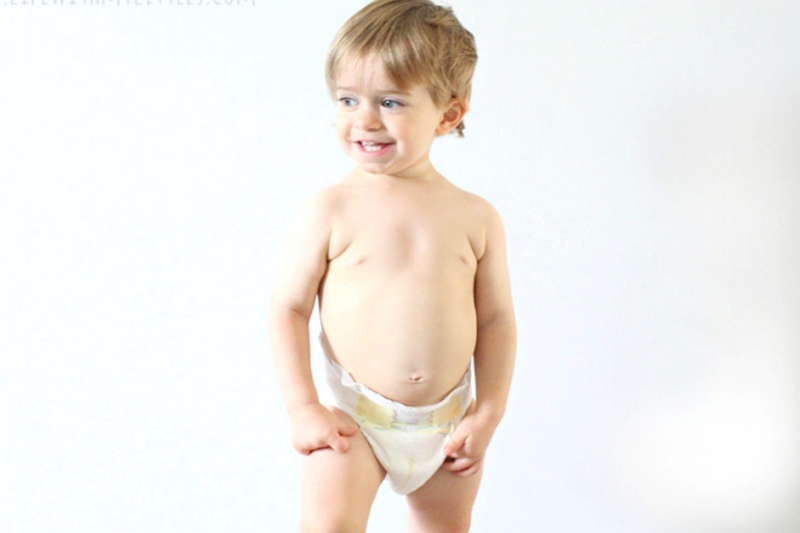How long are diapers good for? The average lifespan of a disposable diaper is about six hours. If a baby soils a diaper, it is important to change the diaper as soon as possible to prevent skin irritation.
If you are using cloth diapers, they should be washed after every use. Depending on how often they are used, they may need to be washed more or less frequently. Cloth diapers can last for up to two weeks before they need to be washed again.

How to check Pampers expiry date
By reading the manufacture date, you can know how long Pampers will last. If you are not sure if your baby is using a new package of diapers or an older one, look for this code on the side.
Another thing to remember also includes finding out if there are any holes in Pampers. Even tiny little ones may expose babies to absorbing wetness and hence, risk diaper rash which could be very dangerous at times!
When purchasing online, make sure that it isn’t past its expiry date! One way to check is by looking for product quality codes through scanning barcodes with apps like Shopwell available on both Android and iOS platforms. On another note, while buying from conventional stores, ensure that the plastic film is intact!
Should you put diapers on your registry?
The short answer is: no, you should not put diapers on your registry. The longer answer? Well, it depends.
If you are expecting a baby and know that you will be using disposable diapers, then there is absolutely no need to register for them. All major retailers carry disposable diapers, so you can easily purchase them after the baby is born.
If you are expecting a baby and plan to use cloth diapers, then registering for disposable diapers may make sense. Many people who use cloth diapers also have a stash of disposable diapers on hand for occasions when they need them (like travelling). By registering for disposable diapers, you’ll have one less thing to worry about once the baby arrives.
In the end, it’s up to you whether or not you want to put disposable diapers on your registry. Just keep in mind that they are readily available at most retailers, so there is no need to go out of your way to register for them.
Cloth diaper fans will tell you that cloth diapering is the way to go. They are more environmentally friendly and can save you money in the long run. But if you’re not sure if you want to make the switch, registering for a few disposable diapers may be a good idea. That way, you’ll have them on hand when you need them!
How often should a newborn wet their diaper?
A newborn should wet their diaper regularly. A baby will usually have one or two wet diapers per day, and some even may go as long as three days without a bowel movement. This can be normal for them because they are still getting used to the new food that they eat and drink more fluids than usual from breastfeeding.
Is it normal for a newborn to have a dry diaper?
Dry diapers can be common for newborns, but it is important to determine if the baby’s diaper does not appear wet because of problems with urination.
If there are no other symptoms than a dry diaper this may just indicate that your child is experiencing normal infant bowel movements where the faeces solidify into harder forms or pellets once they pass through an infant’s system and all water has evaporated on its own leaving only minerals behind.
However, in some cases, you will see blood mixed in with these hard faecal masses indicating more serious issues like infections or haemorrhoids. You should consult with your paediatrician immediately if you notice any signs of infection such as redness around the anus, yellowing skin (jaundice), swelling in the genital area, or a fever.
In addition, if you have any concerns whatsoever about your child’s bowel movements it is always best to speak with your doctor.
How much money should I have saved before having a baby?
There is no easy answer, but it’s important to have a plan. For example, if you’re planning on returning to work after the baby comes home from the hospital, try setting up an emergency fund so that money doesn’t need to be taken out of savings or investments for everyday living expenses while you are at home with your child.
This level should vary depending on whether one parent plans to take time off and how much they expect their income will drop in this period. If both parents plan on staying in the workforce then consider saving enough before having children for each partner’s earnings can cover all household costs plus put away some funds into investment accounts as well.
Having adequate insurance coverage also makes sense because many new mothers end up out of work for a period of time, and the hospital bills can add up.
There are other costs to consider when planning to have children as well, such as childcare and increased transportation expenses. You’ll also want to factor in larger one-time purchases such as a crib, stroller or car seat. All told, it’s important to have an idea of how much you will need to be saved up before taking the plunge into parenthood!
